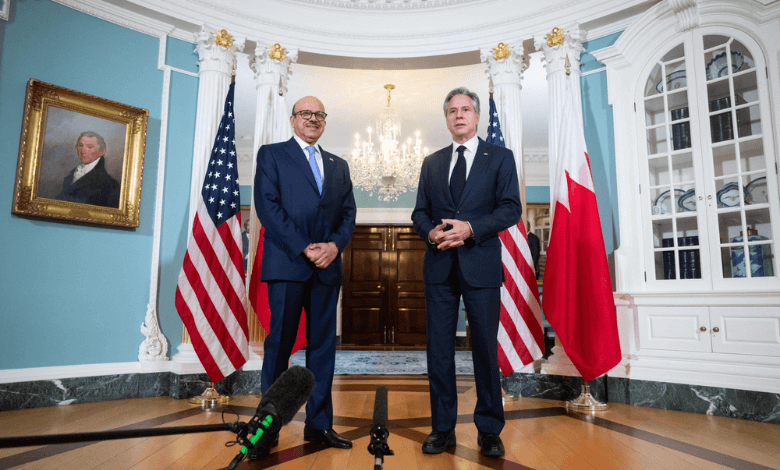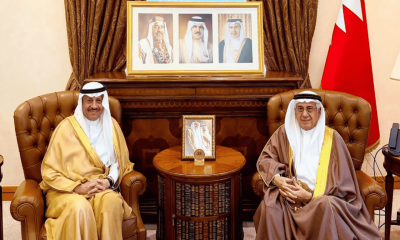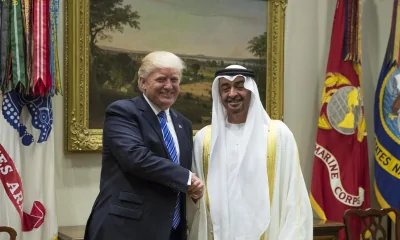In a realm often defined by the traditional and the predictable, Bahrain and the United States have unfurled a tapestry of innovation. Their recently signed accord, a Comprehensive Security Integration and Prosperity Agreement (C-SIPA), ventures beyond the ordinary.
It’s a pact that, while symbolically resonant, intricately weaves together security, technology, and geopolitics into a narrative of shared interests and evolving strategies. So, let’s embark on a journey to unravel what’s unfolded and why it reverberates not just regionally, but across the global stage.
Breaking Down the C-SIPA: A Bold Step Forward
The essence of the C-SIPA lies in its role as an affirmation—a declaration that Bahrain and the U.S. are not merely allies but trailblazers in strategic collaboration. While the agreement formalizes their already robust military and economic ties, it does so with a vision that extends far beyond the present. At its core, it strengthens military interoperability and intelligence capacity building, echoing the regional security dynamics in which Bahrain plays a pivotal role.
Yet, the pact doesn’t stop at traditional defense. It leans into the future, embracing Bahrain’s aspirations in the technology realm. The commitment to bolster Bahrain’s technology sector, with a particular focus on artificial intelligence and chip supply, aligns perfectly with the nation’s economic blueprint. For the United States, it serves as a calculated move to prevent excessive Chinese involvement in the region’s blossoming technology ecosystem—a sphere where the U.S. and China have been locked in a race for dominance.
Significance Beyond Borders: Regional and Global Implications
Bahrain, surrounded by regional uncertainties, notably Iran, stands as the U.S.’s steadfast partner—a nation less inclined than its larger peers to entertain alternative strategic dalliances, be it with China or Russia.
These nations are also negotiating a challenging environment while broadening their coalitions and, in some cases, forging deeper connections with China. China’s participation in the Saudi-Iranian reconciliation mediation process and its joint military drills with the UAE highlight the depth of its involvement in the Gulf.
Crucially, it’s essential to recognize what the C-SIPA doesn’t contain—a mutual defense guarantee. This omission reflects the United States’ caution, unwilling to be drawn into another regional conflict. While the U.S. will undoubtedly remain the primary international partner for Bahrain and other Gulf states, the absence of explicit security assurances and the evolving strategies of these nations will drive them to explore diverse alliances, including those with China.
The Road Ahead: Geopolitical Landscape Unfolds
As we peer into the future, the U.S.’s military and diplomatic footprint in the Gulf will endure, fortifying Bahrain’s security and discouraging dalliances with rival global powers. This alliance will also continue to be the linchpin of strategic interests for other Arab Gulf nations. Nonetheless, the absence of explicit security guarantees and the evolving geopolitical agendas of these states will foster a continued diversification of alliances, including the forging of closer bonds with China.
Also Read : Did You Know? Oman and South Asia Shares a Cultural Heritage
In summation, the Bahrain-U.S. agreement is not just a snapshot of current partnerships; it’s a dynamic portrayal of a changing world. The Gulf region has emerged as a nexus of geopolitical intrigue, and Bahrain and the United States are casting themselves as the architects of a novel approach—one that blends security, technology, and strategic diplomacy into a mosaic of innovation.






















